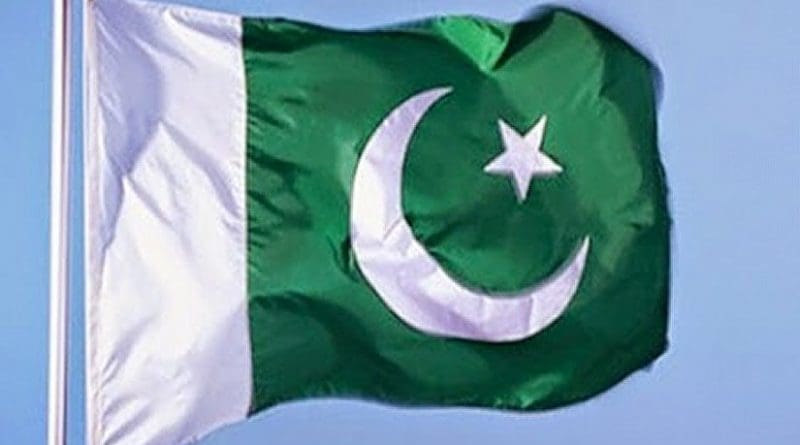Publicizing The Sugar Crisis Report: An Opportunity To Sanitize Pakistan Tehreek-E-Insaf’s Political Priorities – OpEd
Pakistan is in a state of severe economic turmoil. The current ruling party, Pakistan Tehreek-e-Insaf (PTI) in addition to fighting the recent global COVID-19 pandemic is yet to face the consequences that are likely to surge because of publicizing the long-awaited report on the recent sugar crisis in the country. In the report, the committee on sugar price hike termed the government’s decision as unjustified to allow the export of sugar as it helped in triggering a 30% increase in its price.
This decision facilitated the exporters of sugar to get benefits in two ways; firstly, they were able to gain subsidy and secondly, they made a profit from the increasing sugar prices in the local market. This report initially uncovered some of the Pakistan Tehreek-I-Insaf’s bigwigs, including Jahangir Tareen, the then federal Minister for Food Security Khusro Bakhtiar, Monis Elahi and their relatives who are named in the scam [1]. Keeping in view the findings of the report, the entire nation is expecting a strict action against these corrupt elements in the PTI government.
Before demanding and expecting a stern action, one must not forget to ask himself/herself whether our political and bureaucratic system allows for penalizing such influential figures of the country. Do we still remember the celebrations that were being made when these powerful people helped the incumbent government to nab independent winning candidates to their side and flying them to Islamabad in their private plane? Did no one realize or think that these people who were spending lavishly at that time are in fact investors and are bound to recover their investments in one way or another? Businessmen never invest unless they are sure of a worthy ‘return’.
This specific case of investment could be generalized to the overall political scenario and election campaigns in our country. Why would someone spend billions of rupees on election campaigns without having a vested interest? It’s not that everyone out there with money does everything to earn returns, there are good people everywhere. But, unfortunately, the majority of the politicians we have in our country are the elites and it is therefore simply irrational to think they are spending like crazy just to bring betterment to the lives of common people. They are all the sailors on the same boat and that’s simply the way how politics work in Pakistan.
Now that the cat is out of the bag, the real test for IK and PTI begins. Imran Khan once said that “one contests elections to win, and not to be a good boy only. He said that he is contesting elections in Pakistan, not Europe and can’t import European politicians. He said that unless people who know the art of winning the elections are inducted into the party, PTI will not be able to succeed. He denied that he has compromised his ideals by awarding tickets to electable and clarified that it would be a compromise if he did not stick to his objectives after coming into power and if he did not run a clean government [2].” There is no other way to defeat the system that promotes feudalism, nepotism, and corruption but to penetrate the system and begin the process of reform by being a part of the system.
While demanding firm action against the culprits of the sugar crisis, it’s time for people of the country to start their self-evaluation as well. They must ask themselves whether they have what it takes to break the cycle and initiate a change through their votes. Whether they are ready to support the political ideologies of the parties that believe in pursuing justice over vested interest. Moreover, the younger generation needs to increase its political participation to assume leadership roles and play an active part in the development of the country.
For PTI, it is time for introspection. The time it has left in power is not much. They need to be clear about the sort of legacy they want to be associated with. Publicizing the report is an important first step! But, this is only the beginning of a litmus test. The time is ripe for IK to prove his mettle and change the course of the country’s political history. The government needs to break this nexus between politics and the sugar and wheat trade through extensive policy reforms if such crises are to be prevented in the future. That will also mean a substantial reduction in the government’s role in the sugar and wheat trade and greater reliance on market forces. The PTI is being looked at with suspicion. It could lose its mass support unless Imran Khan utilizes this sugar crisis report as a chance to sanitize the party’s political priorities and streamlining its philosophy of pursuing justice.
References:
[1]. https://tribune.com.pk/story/2191116/1-govt-goes-public-fia-inquiry-report-recent-sugar-crisis/.

